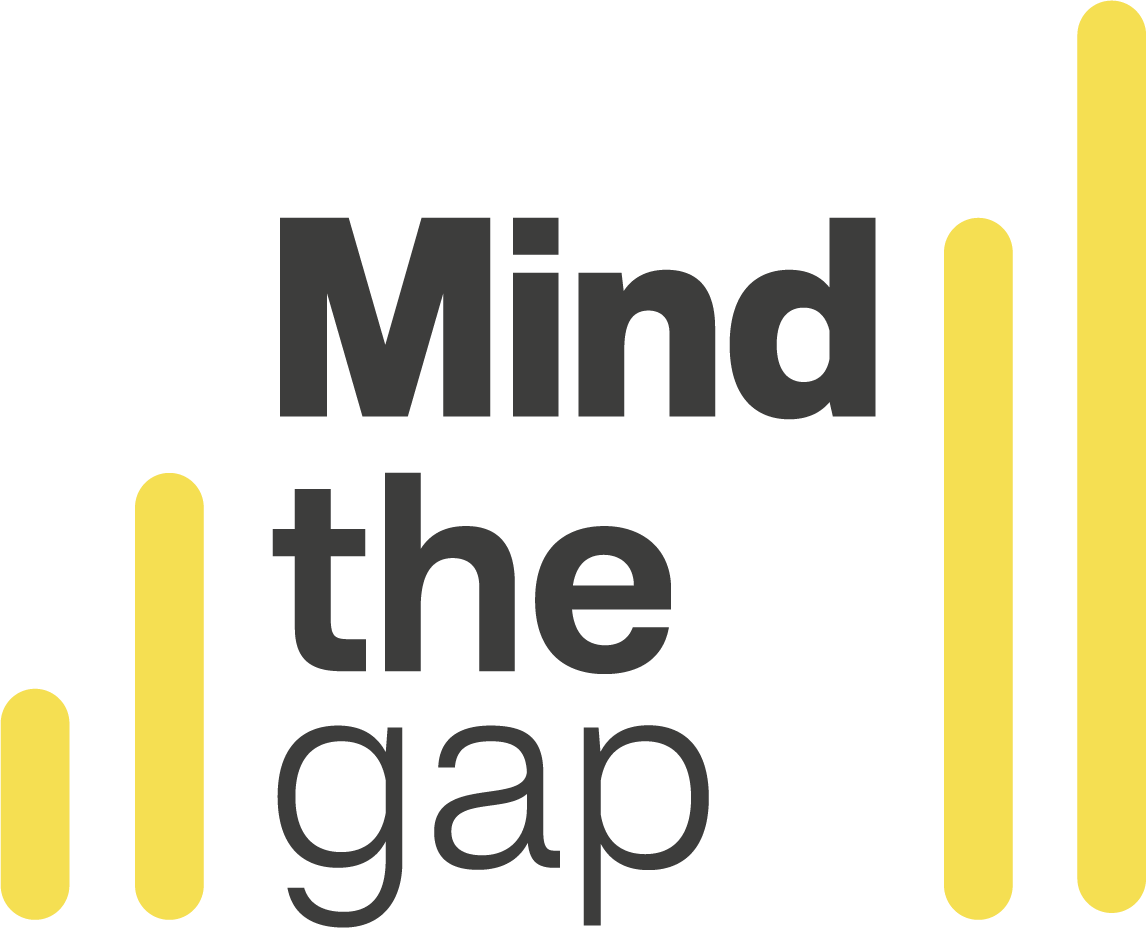
Musical Virtual Lab: an online workshop series aimed at professional musicians
Organisation
Teatro Colón, Colombia
Project
Musical Virtual Lab took place in two editions, one of which took place in April 2020 and the other a year later. The workshops consisted of four two-hour sessions spread out over four weeks, aimed at enabling professional musicians to acquire the skills needed to develop participatory activities, share them with diverse audiences and ensure accessibility for those with specific needs.
https://teatrocolon.gov.co/laboratorio-musical-virtual-acciones-para-la-inclusion-de-nuevos-publicos
Participants
Colombian musicians living in different regions of Colombia and in Europe.
Key persons
Sara Luengas, Education Manager, Teatro Colón (Colombia)
Omar Shahryar, Composer and educator, freelance (France)
Project outcomes
The online format broadened the geographical diversity of the learner group by enabling the participation of musicians based throughout Colombia and in other countries.
Initial interest in the project (close to 2000 applications) and learner engagement (19 participants out of 20 completed the course) demonstrated widespread interest from the professional music sector in outreach and education activities.
Context
Musical Virtual Lab was offered as part of the Colombian Ministry of Culture’s education and outreach “Virtual Arts Platform”. The course was certified by the Ministry of Culture and participation was free of charge. Sessions explored cultural outreach from both a theoretical and practical point of view and required participants to design a 45-minute virtual workshop based on Macbeth, that they would then demonstrate during the last meeting of the lab. The workshops created by participants were adapted to the Colombian context, exploring Macbeth through the lens of contemporary issues such as corruption, police brutality, gender, power struggles and ethics.
Approach
The project was designed in order to be as interactive as possible, with participants divided into groups of three or four. Between sessions, participants and facilitators communicated through cloud-based collaboration tools such as Google Docs and Google Sheets. Online resources (information sheets, theory, sample exercises) were shared in order to enable learners to go deeper into the themes explored during sessions.
Results
The participants were very active in the design and implementation of the workshops and worked with the bases provided by facilitators to create relevant content, methodologies and activities.
Feedback from participants was very positive, with many learners remarking that they were pleased to have had the chance to network with musicians living in other regions of Colombia and abroad.
Teatro Colòn is considering offering future editions of the course in a hybrid format that would blend online and offline elements.
Lessons learned:
Keep things active and playful: Facilitator Omar Shahryar recommends integrating physical exercises throughout sessions in order to stimulate engagement. “Doing physical warm-ups, keeping people moving and being as visual as possible is very important. We would get learners to all make a noise at the same time, do vocal sirens or sing Happy Birthday… Getting people to push their chairs back and wave their arms around was a constant throughout the sessions.”
Create a dedicated “screen space”. Omar recommends a neutral, uncluttered background to help learners focus on the workshop leader: “You do have to have an awareness of what is in your screen's view. When I had to play an instrument, I would present it in view of the screen so learners could mentally engage with the idea that there's an instrument rather than have to imagine it.”
Be as clear as possible and set clear boundaries. “My advice with online learning is to provide as much information as possible and set clear guidelines. By telling learners how you expect them to engage with the sessions, you help them draw more out of them.”
